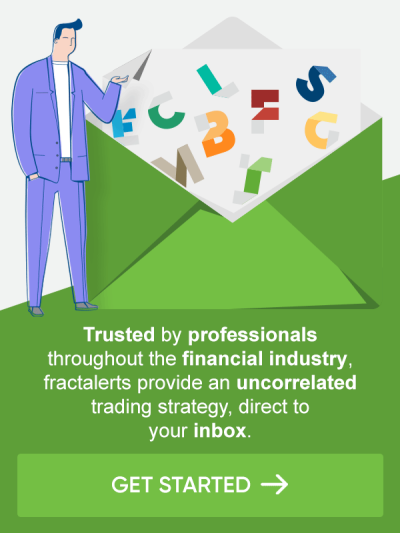Starting out with the program
As of when I discovered Fractalerts in Spring of 2022, I had been trading futures now for at least 12-13 years, with many ups and downs ... overall, much larger downs than ups, although through much expensive learning at the hands of Mr. Market and enormous amounts of time spent constantly reading the analysis of various services in addition to doing my own technical analysis, I had gotten to the point where I was making perhaps 50% per year over the past 2 years or so. But there's so much other than trading I'd like to do with my life, so I had my eye out for programs I could follow without such a large time commitment.
Upon seeing an ad about Fractalerts, I was intrigued by the idea that all trades would be known a day in advance, so that I would not have to be "on pins and needles" while at work, worrying about missing a trade. I requested information on results for the stock indexes program. I was pleased that they had monthly results for every program spanning back 15 years. In those results I noted substantial volatility, with some enormous drawdowns at times, but rarely have any of the programs had annualized losses, and when they do, they are small, whereas the positive years have often been substantial. So it was clear that with this program, you can get good results, but it is imperative that one not over-leverage.
I began with the ES program and soon thereafter it endured a 180-point drawdown on one short trade. I knew that could occur based upon the history, but knowing it mentally and knowing it existentially are two different things, and I ended up making a rather emotional outburst toward Rich, telling him that this was too much to bear, among other things. I was not really overleveraged, but did not like seeing that $9k loss in my account on one trade, and even worse, the stochastics -- my favorite indicator -- had %k strongly leading, which perhaps 80% of the time or more, means the market will continue in the same direction. I got out of the trade contrary to Fractalerts, with a huge loss.
Then the Fractalerts indicators trumped the stochastics; the market turned around and the trade ended up being profitable by the time it was closed ( I've since seen that occur several other times, in other markets). Lesson learned.
Doing some research
I requested the 15-year monthly results from all the markets Fractalerts covers and decided to do some math: Using one futures contract for each market, I added the margin requirement (at Ameritrade) for that future to the largest drawdown over the 15-year life of the program for that market, and assumed that this sum constitutes the amount of money needed to trade that market. Then, I computed the average gain per year, in dollars, over the 15 years, minus the subscription cost and commissions (assuming one trade per week). Trading futures, then, the following are the average annual returns I calculated for each market (note, these are for a brokerage account, where the margin requirements are slightly lower than those for an IRA; therefore returns for the latter are usually 3-7% lower):
- Cotton + 91%
- Currencies + 89%
- Platinum + 75%
- Copper + 74%
- Hogs + 62%
- Cattle + 46%
- Cocoa + 44%
- Silver + 41%
- Gold + 40%
- Crude + 39%
- Natural Gas + 37%%
- 30-year bond + 38%
- 10-year bond +37%
- S&P (ES) + 30%
- Coffee + 23%
- Sugar + 21%
It should be noted that several of these markets, such as the S&P and sugar, would have far higher returns if not for one outsized drawdown relative to all other drawdowns, over the 15 years of the program.
The returns speak for themselves. The "negatives" are the following: firstly, one needs to trade with a fairly large amount of money, both because the subscription rate is not cheap and because of the potential for a large drawdown plus margin of the contract in question (and some contracts, like nat gas recently, can have margin requirements suddenly change; my initial computation for natural gas was an average return of 48%, but that return was lowered subsequently to 37% due to a large increase in margin requirement); secondly, one needs to have the stomach to weather the potentially large drawdowns; and thirdly, the program demands the self-discipline to simply take the trades and not allow one's personal judgment or bias interfere. This last point should not be underestimated; someone with a history of trading for oneself, using technical analysis, will not find it easy at times to take each trade.
Conclusion
The program works exceptionally well the more markets one can trade, since the diversification across markets smooths out the volatility, and then one does not even have to trade with quite as large amounts per market.
I've participated in programs run by great traders and done my own great trading, but Fractalerts seems so far to be the most consistently profitable and easiest-to-execute system out there, and has really changed my life. Now trading 5 programs, using futures, my returns have been better and overall more consistent than ever before, and no less important, I am getting these returns without spending any more time than it takes to enter the trades. On the basis of both ROI and ROE ("Return on Effort"), this is hands-down the best system I have found.
-
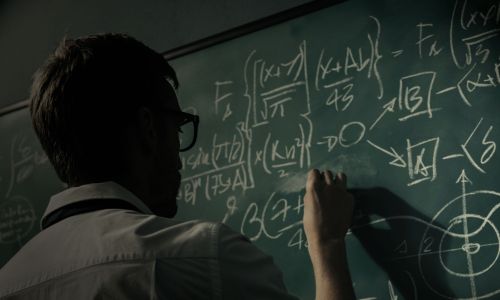
The rhytm beneath the noise
-
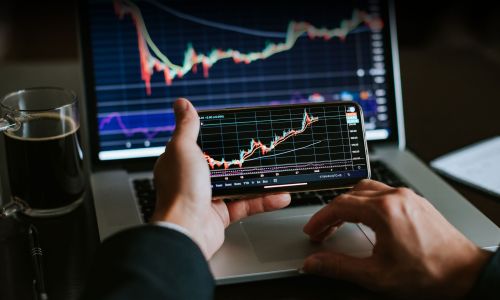
You Don’t Need a Trading Style. You Need an Edge.
-

Consistency Isn’t the Goal—It’s the Outcome
-

What 2 Quadrillion Data Points Told Us
-
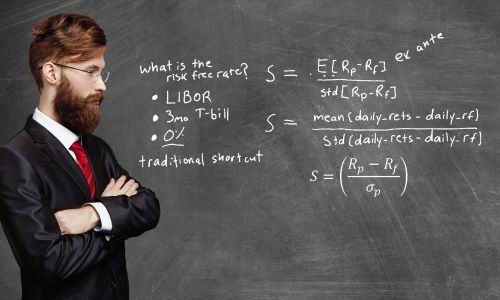
Math and Physics-Based Trading in Any Market Condition
-
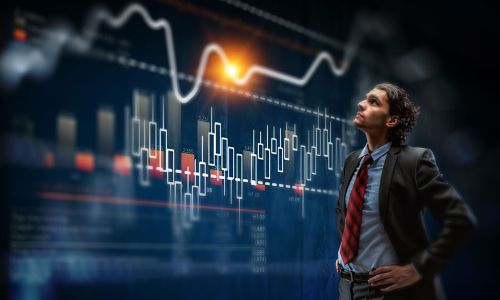
Do not worry about anomalies
-
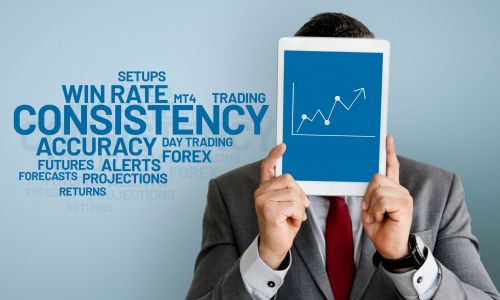
Consistency should not be the goal. Consistency should be the result.
-

Stop canceling fridays
-

The Elliott Wave Forecast is Subjective, Bias Driven And Backwards looking
-

Finding patterns in market data

